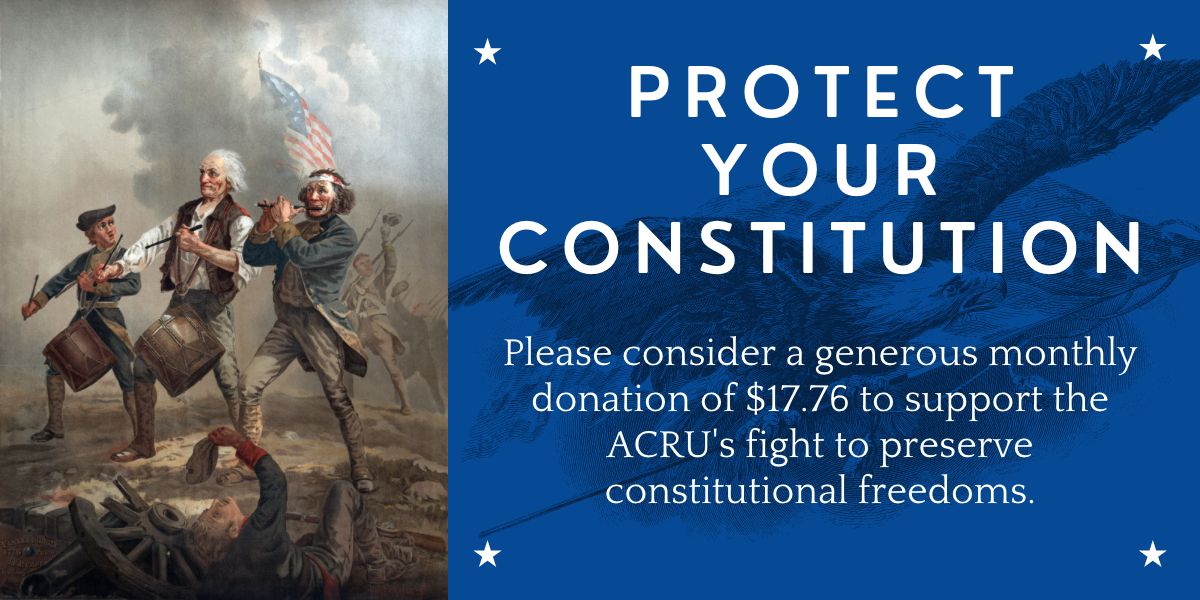High Court to Hear Affirmative Action Case
ACRU Staff
February 23, 2012
This column by ACRU Senior Legal Analyst Ken Klukowski was published February 22, 2012 on The Washington Examiner website.
Every racially based preference system – aka Affirmative Action programs – in the country could be struck down when the U.S. Supreme Court takes up Fisher v. University of Texas this fall.
The 13th, 14th, and 15th Amendments to the Constitution were passed after the Civil War. These Reconstruction Era amendments abolished slavery, defined U.S. citizenship, extended part of the Bill of Rights to the states, and–most important here–declared due process and equal protection of the law to be rights of all persons in this country, regardless of their race.
During the civil rights movement of the 1950s and 1960s, the federal government created Affirmative Action programs under which preferential treatment is extended to individuals from racial minorities in order to compensate for past discrimination and to help combat racism in society.
But as racial discrimination has receded in this country and such programs became more pervasive, conservative cries have insisted that no matter the nobility of the intentions behind them Affirmative Action preferences represent a form of reverse discrimination, and that they are equally as unconstitutional as any law denying preferences to an individual on the basis of racial identity.
In recent years, the Court has upheld racial-preference programs, though in its famous Bakke case in 1976 the justices famously held that that, while outright quotas were unconstitutional, preferring racial minorities in a way that did not amount to numerical quotas was okay.
In 2003, the Supreme Court split 5-4 on the future of Affirmative Action programs in the twin University of Michigan cases, Grutter v. Bollinger and Gratz v. Bollinger. The Court struck down the undergraduate admission racial preferences but upheld the law school’s program, holding that one used a point system that was too close to a quota, but the other just counted race as a “factor.”
Justice Sandra Day O’Connor was the swing vote in both Brutter and Gratz. Also in both, Justice Anthony Kennedy voted to strike them down as unconstitutional. Now that Kennedy is the Court’s swing vote, experts wonder if there might be five votes to end racially based Affirmative Action preferences nationwide.
We’ll finally get an answer in Fisher. Arguments will be held this October, with a decision likely early next year in a case with the potential to be a landmark in civil rights law.
JOIN ACRU's PATRIOT CLUB



